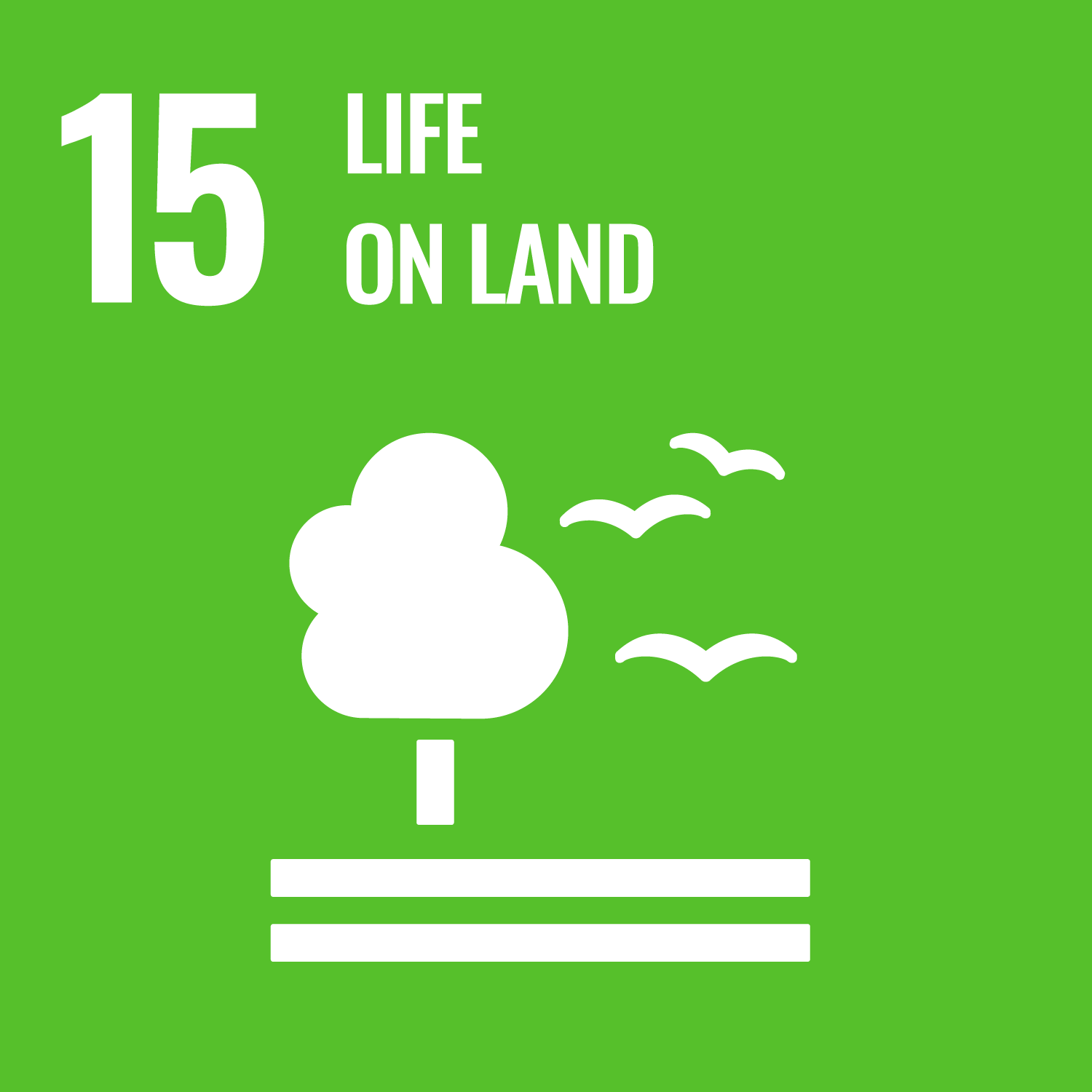ORCID
- Winnie Courtene-Jones: 0000-0001-7893-5322
- Nathaniel J. Clark: 0000-0002-0968-503X
- Richard C. Thompson: 0000-0003-2262-6621
Abstract
Plastics are incredibly versatile materials that can bring diverse societal and environmental benefit, yet current practices of production, use and disposal have negative effects on wildlife, the environment and human health leading to growing concern across public, policy makers and industry. This Special Issue in Emerging Topics in Life Sciences describes recent advances in our understanding of the consequences of plastic pollution. In particular, it examines their potential to act as vectors for chemicals and pathogens in the environment; evaluates the effects of plastic pollution on biogeochemical cycling, ecosystem functioning and highlights the potential for enhanced effects in environments that are already subject to substantive changes in their climate. The impacts plastics pose to terrestrial ecosystems including soil communities are described and evaluated, along with evidence of potential issues for human health. With an increase in the production of plastics labelled as ‘biodegradable’ their context and ecological impacts are reviewed. Finally, we discuss the need to take an integrative, system approach when developing and evaluating solutions to plastic pollution, to achieve the ambitious yet necessary aims of the UN Plastics Treaty.
DOI Link
Publication Date
2022-12-01
Publication Title
Emerging topics in life sciences
Volume
6
Issue
4
ISSN
2397-8554
Acceptance Date
2022-11-16
Deposit Date
2023-01-24
Embargo Period
2023-12-01
First Page
333
Last Page
337
Recommended Citation
Courtene-Jones, W., Clark, N., & Thompson, R. (2022) 'Plastic pollution: the science we need for the planet we want', Emerging topics in life sciences, 6(4), pp. 333-337. Available at: 10.1042/etls20220019



